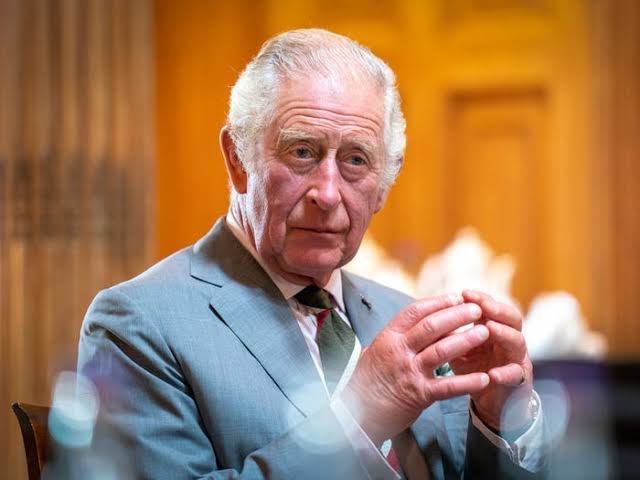Charles, the eldest son and heir to late Britain’s Queen Elizabeth II, has become king upon her death.
The Queen was last seen publicly when she received the new British Prime Minister, Liz Truss.
Before the news of her death was broken, Royal Biographer, Christopher Wilson, had said the queen’s life is likely “coming to an end”.
Charles, Prince of Wales, is the heir apparent to the British throne as the eldest son of Queen Elizabeth II and Prince Philip, Duke of Edinburgh.
The 73-year-old has been heir apparent as well as Duke of Cornwall and Duke of Rothesay since 1952 and is both the oldest and the longest-serving heir apparent in British history.
The throne passed immediately and without ceremony to the heir, Charles.
One of his first acts is to decide whether to reign as King Charles III, or take another name.
There will also be a new title for Charles’ wife, whose full title will be Queen Consort – consort is the term used for the spouse of the monarch.
In the first 24 hours or so after his mother’s death, Charles will be officially proclaimed King. This happens at St James’s Palace in London, in front of a ceremonial body known as the Accession Council, according to BBC.
This is made up of members of the Privy Council – a group of senior MPs, past and present, and peers – as well as some senior civil servants, Commonwealth high commissioners, and the Lord Mayor of London.
More than 700 people are entitled in theory to attend, but given the short notice, the actual number is likely to be far fewer.
At the last Accession Council in 1952, about 200 attended.
The King does not traditionally attend.
At the meeting, the death of Queen Elizabeth will be announced by the Lord President of the Privy Council (currently Penny Mordaunt MP), and a proclamation will be read aloud.
The wording of the proclamation can change, but it has traditionally been a series of prayers and pledges, commending the previous monarch and pledging support for the new one.
This proclamation is then signed by a number of senior figures including the prime minister, the Archbishop of Canterbury, and the Lord Chancellor.
The Accession Council meets again – usually a day later – and this time, the King will attend, along with the Privy Council.
There is no “swearing in” at the start of a British monarch’s reign, in the style of some other heads of state, such as the President of the US. But there is a declaration made by the new King and – in line with a tradition dating from the early 18th Century – he will make an oath to preserve the Church of Scotland.
After a fanfare of trumpeters, a public proclamation will be made declaring Charles as the new King. This will be made from a balcony above Friary Court in St James’s Palace, by an official known as the Garter King of Arms.

 Join Daily Trust WhatsApp Community For Quick Access To News and Happenings Around You.
Join Daily Trust WhatsApp Community For Quick Access To News and Happenings Around You.


